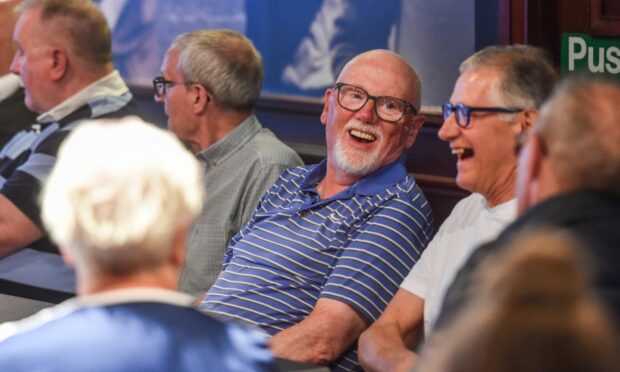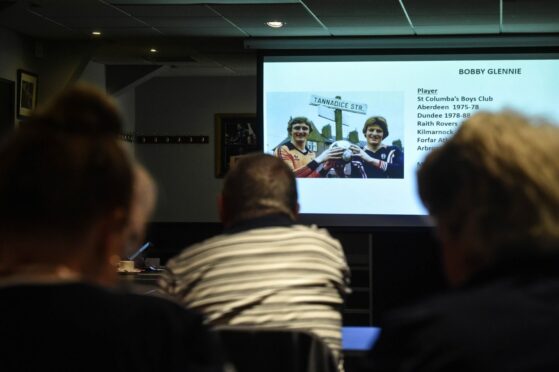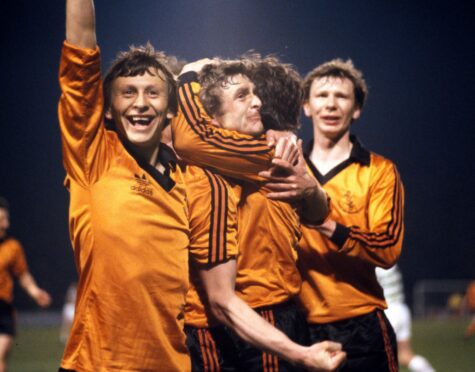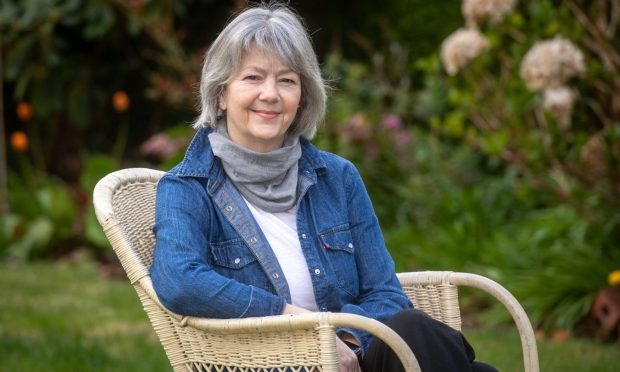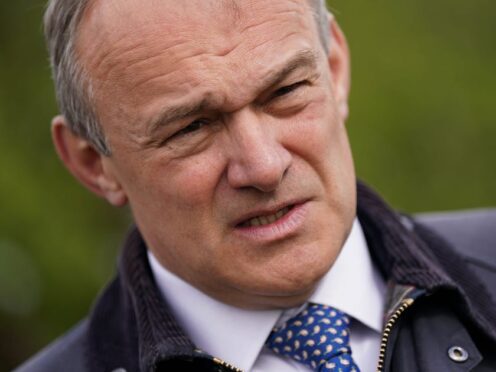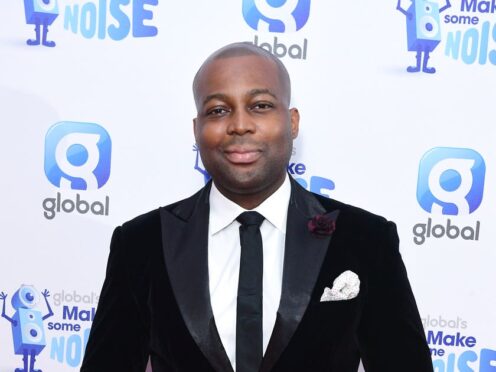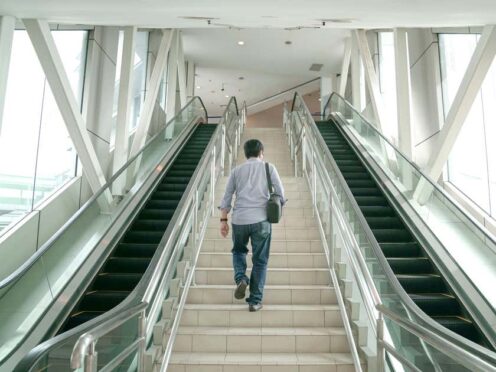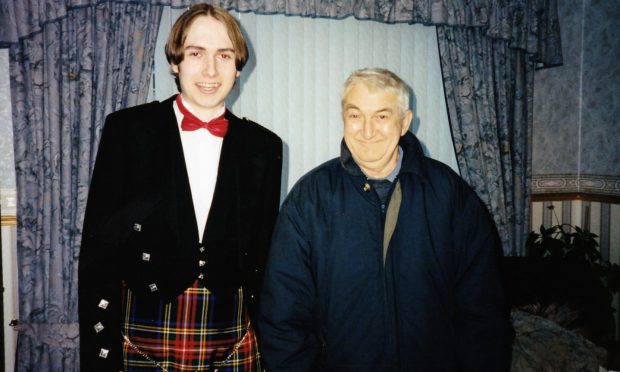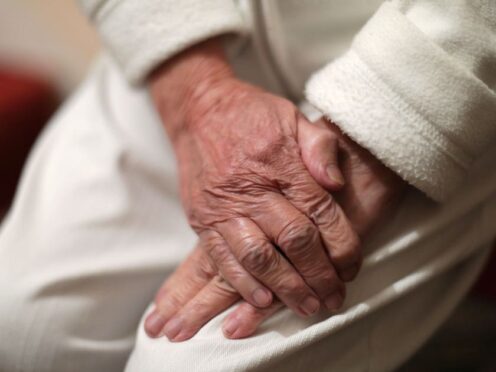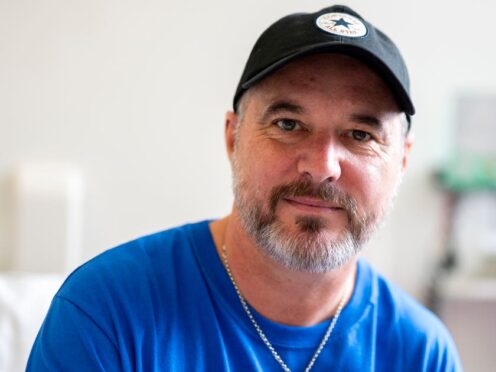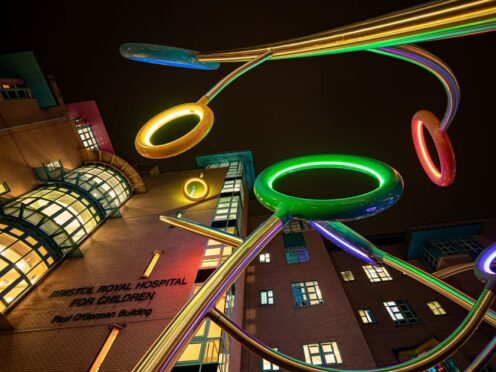In the dim light of the Alex Ferguson lounge at Pittodrie on a recent Monday, a group of men are arguing about football.
Projected onto a screen is an image of former Dundee United player Paul Hegarty.
Many in the room quickly recognise the eight-times-capped Scotland international. But when the discussion turns to Hegarty’s managerial career, which included a brief spell at Aberdeen in 1999, there is some debate.
“He managed Dundee United, of course,” one person says. “Anyone know what he did after?”
There is a low murmur. “Falkirk!” someone shouts.
It’s not Falkirk, though a laugh runs round the room when another voice pipes up: “There’s really no where to go after Falkirk.”
Tapping into the power of football memories
It is a scene typical of any bar or social club in Scotland; a group of people wondering just who exactly Paul Hegarty did manage after leaving Dundee United (check the end of this article for the correct answer).
But for the group at Pittodrie, there is a difference.
Many of the men here have early-stage dementia, caused by a variety of conditions, including Alzheimer’s. For them, memories can be difficult to navigate.
What still remains, though, are those long-held remembrances of football, a game some in the room played but as fans all cared passionately about.
Talking about former players, whether Paul Hegarty or someone else, can reignite those passions and bring to the surface the football fan inside all of them.
This is the ethos of Football Memories, the group running the Pittodrie event and who run similar sessions around the country.
“One of the wives of the men I took to one of these things put it simply,” explains George Laidlaw, Angus and Fife regional co-ordinator for Football Memories.
“She told me that she brought someone here for Football Memories, but brought back her husband.”
Football memories ‘keep the brain going’
George and his Aberdeen counterpart Alan Johnstone, who led the presentation in the Alex Ferguson lounge, have both witnessed the power of football for people with dementia through their involvement with Football Memories.
The organisation is now global, but started in Scotland in 2009 as a one-year pilot project. Today, it is run by both Alzheimer Scotland and the Scottish Football Museum.
“Interaction with Football Memories keeps the brain going,” says George. “Also, men are not good at going to things. So they come to these projects, and they start talking, and from that we lead on to other things.”
George also sees benefits in Football Memories for men who don’t have dementia.
The group he has brought to Pittodrie are from Dundee’s Grey Lodge centre, a community-based charity that works closely with older people.
None of the Grey Lodge group in the lounge has dementia, but they are aged from 70-86, a section of society vulnerable to loneliness.
“I come for a chat and a blether,” says Duncan MacPhearson, a Dundonian who is part of the Grey Lodge group. “It’s always an enjoyable day out.”
Davie Dodds brings back football memories at Pittodrie
Back in the lounge, Alan is showing more pictures of former Aberdeen and Dundee footballers.
Presentations at Football Memories are tweaked depending on the audience – today there are lots of players who played in both Aberdeen and Dundee.
But what generally happens is that an untitled picture of a player is shown on the screen for everyone to identify before a name and playing stats are revealed.
Up next for discussion is Davie Dodds. The former Aberdeen and Dundee United stalwart’s image sparks a murmur of approval from the crowd.
“Fergie’s last signing,” someone points out.
Later, up pops a picture of a group of Aberdeen players advertising local clothes shop Braggs and local hairdresser Snips.
The Dons look as dandy as they can in the 1970s fashions, prompting Alan to ask: “Now, gentlemen, who had lapels like that back in the day?”
“Abidy!” the audience shouts back.
Watching Duncan Edwards at Highbury
Listening at the back of the room is Hugh Hoffman.
The 79-year-old is part of a St Andrews contingent at the Football Memories event.
Hugh moved to Scotland from London for university and has lived in the country ever since.
But his love of football started on the terraces around the capital, and he has witnessed his share of memorable matches.
In February 1958, he was at Highbury for Manchester Utd’s 5-4 win over Arsenal.
The game was notable not just for the score.
Four days later the Manchester United squad flew out to Belgrade to play the city’s Red Star team.
On their return, after a refueling at Munich, their plane crashed and eight players and three staff were killed, including stars Duncan Edwards and Tommy Taylor.
Everything wrong with modern football – and pies
The game that Hugh saw at Highbury remains etched on his memory; players such as Edwards and Taylor playing for the last time on British soil.
“Manchester United dominated the first half,” he recalls. “Arsenal couldn’t get a look in, but then it all changed. An extraordinary game.”

Hugh goes to local Football Memory events about twice a month, and attended many through video calls during the lockdown.
He doesn’t have dementia, and says the subject is not discussed amongst the group.
For everyone there, it’s about the love of the game – though Hugh admits to disagreements over the modern version of it.
One common bone of contention is the continual talking of the pundits on TV, as well as the fan segregation at live matches. Hugh remembers when supporters were all lumped in together, without any issues.

“We also spend a lot of time talking about pies,” he says. “As in, who makes the best football pies.”
And the conclusion?
“One of our members is from Wigan, and he claims they are the best,” Hugh says with a smile. “So we’re trying to get some Wigan pies sent up for us all to test.”
After leaving Dundee United in 2003, Paul Hegarty managed Livingstone and then Montrose.
